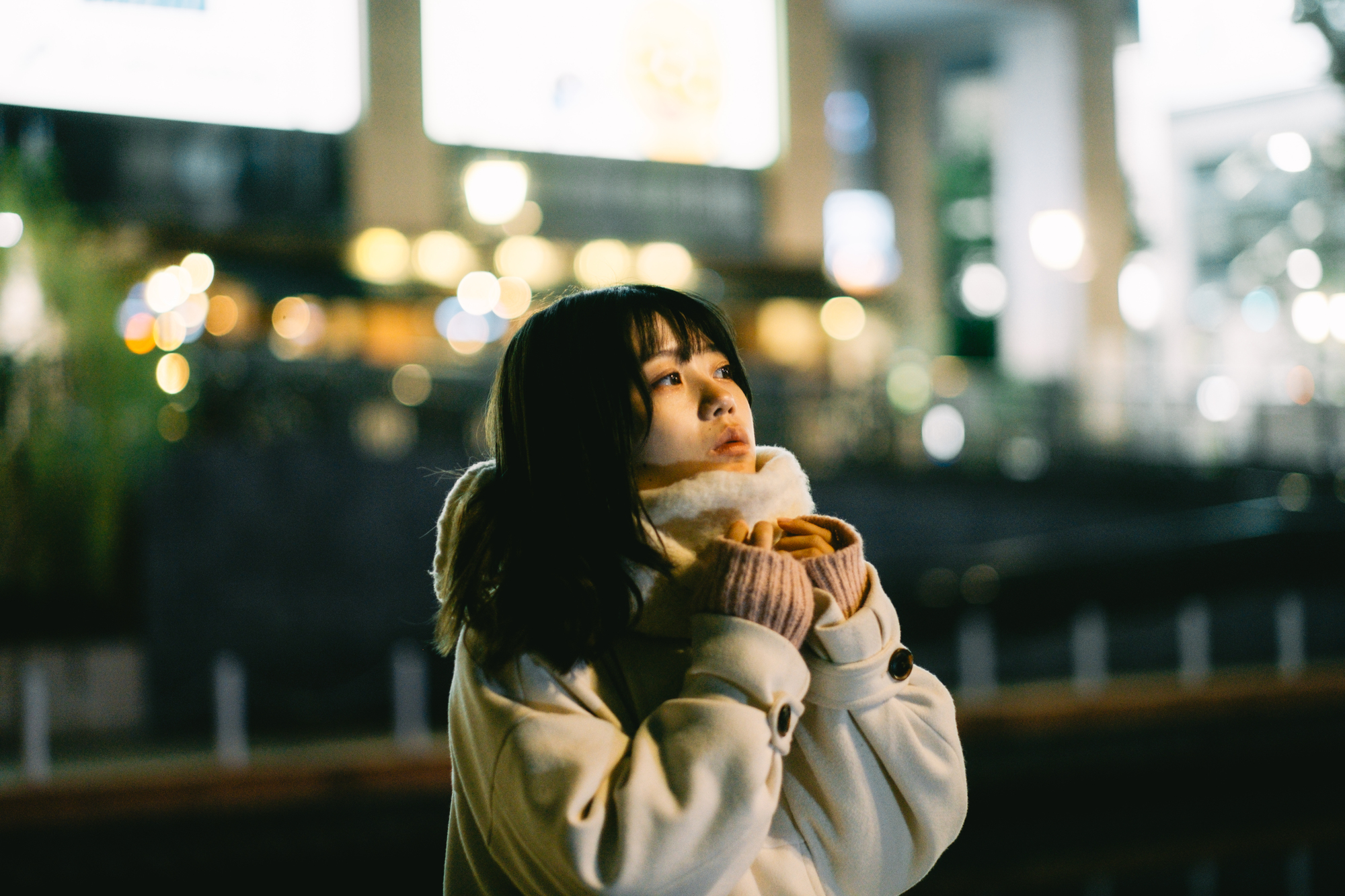Christmas in Japan isn’t a time for family reunions or nativity scenes. Instead, it’s a conspicuous showcase of romantic dinners, lavish gifts and dazzling illuminations — a high-stakes “second Valentine’s Day,” where having a significant other is practically a social currency. For singles, however, the season brings a more ominous phrase: kuri-botchi.
The Origins of Kuri-Botchi
The term “kuri-botchi” is a portmanteau reflecting the cultural weight of the phenomenon. Kuri is shorthand for “Christmas,” while botchi comes from hitori botchi, meaning “all alone” or “lonely.” Together, “kuri-botchi” translates to “Christmas-alone.” Though playful in tone, the term encapsulates the growing pressures faced by singles during a holiday increasingly tied to romance.
First popularized in the 2010s, kuri-botchi gained traction through social media, where users began to share their solitary Christmas experiences, often with self-deprecating humor. However, beneath the levity lies a reflection of deeper societal shifts: the romanticization of Christmas in Japan and the cultural unease surrounding singlehood.
The Birth of Japan’s Romantic Christmas
Christmas in Japan transformed into a holiday for couples during the 1980s economic boom, when glossy advertising campaigns and luxury brands capitalized on the season’s romantic potential. With no deep-rooted religious ties to the holiday, it became a blank canvas for consumerism, reframed as a glamorous night of fine dining, gift-giving and sparkling illuminations. The media portrayed it as the ultimate date night, solidifying Christmas as a time for romantic indulgence and leaving singles with the looming specter of kuri-botchi.
The Battle Against Kuri-Botchi
But this isn’t a society that takes loneliness lying down. A recent survey reveals the elaborate measures young Japanese people, particularly Gen Z, employ to avoid the dreaded kuri-botchi. For many, the anti-loneliness campaign begins as early as November, with dating apps taking center stage. According to the study, over 45% of Gen Z respondents reported using dating apps, averaging two apps at once, in the run-up to Christmas. Women are particularly proactive, often starting their “partner hunt” in October.
Others adopt what can only be described as dating insurance — securing multiple plans with different people to ensure they won’t be caught without company on December 24 or 25. Some even turn to social media, posting their availability on platforms like X (formerly Twitter) or Instagram stories, in the hopes of finding a last-minute date.
Then there’s the financial aspect. The same survey notes that gifts below ¥10,000 can be a deal-breaker in budding relationships, underscoring the material stakes of a holiday traditionally marketed as the ultimate romantic occasion.
The phenomenon speaks to a deeper cultural pressure. Sociologists have noted that Christmas in Japan has evolved into a day of public validation rather than private celebration. To be visibly “single” on Christmas isn’t just lonely; it feels like a public failure in a society where appearances hold immense weight. Kuri-botchi becomes a shorthand for exclusion from the collective narrative of love, success and aspiration that the holiday embodies.
Kuri-Botchi Goes Mainstream
Yet as Japan faces rising rates of lifelong singlehood and declining marriage rates, kuri-botchi is becoming harder to ignore — and easier to accept. Around 30% of men and 20% of women in their 50s are unmarried, according to government data, and younger generations are redefining what it means to be single. The market has responded accordingly, with convenience stores offering single-serving Christmas cakes and solo-friendly options quietly legitimizing the botchi experience.
Kuri-botchi isn’t just about spending Christmas alone — it’s a cultural phenomenon rooted in societal expectations and the evolving definition of relationships in modern Japan. As singlehood becomes more normalized, kuri-botchi may shift from being a term of quiet anxiety to a badge of independence. Whether it’s viewed as freedom or isolation, kuri-botchi is the sharp, lonely edge of Japan’s romantic Christmas story.









